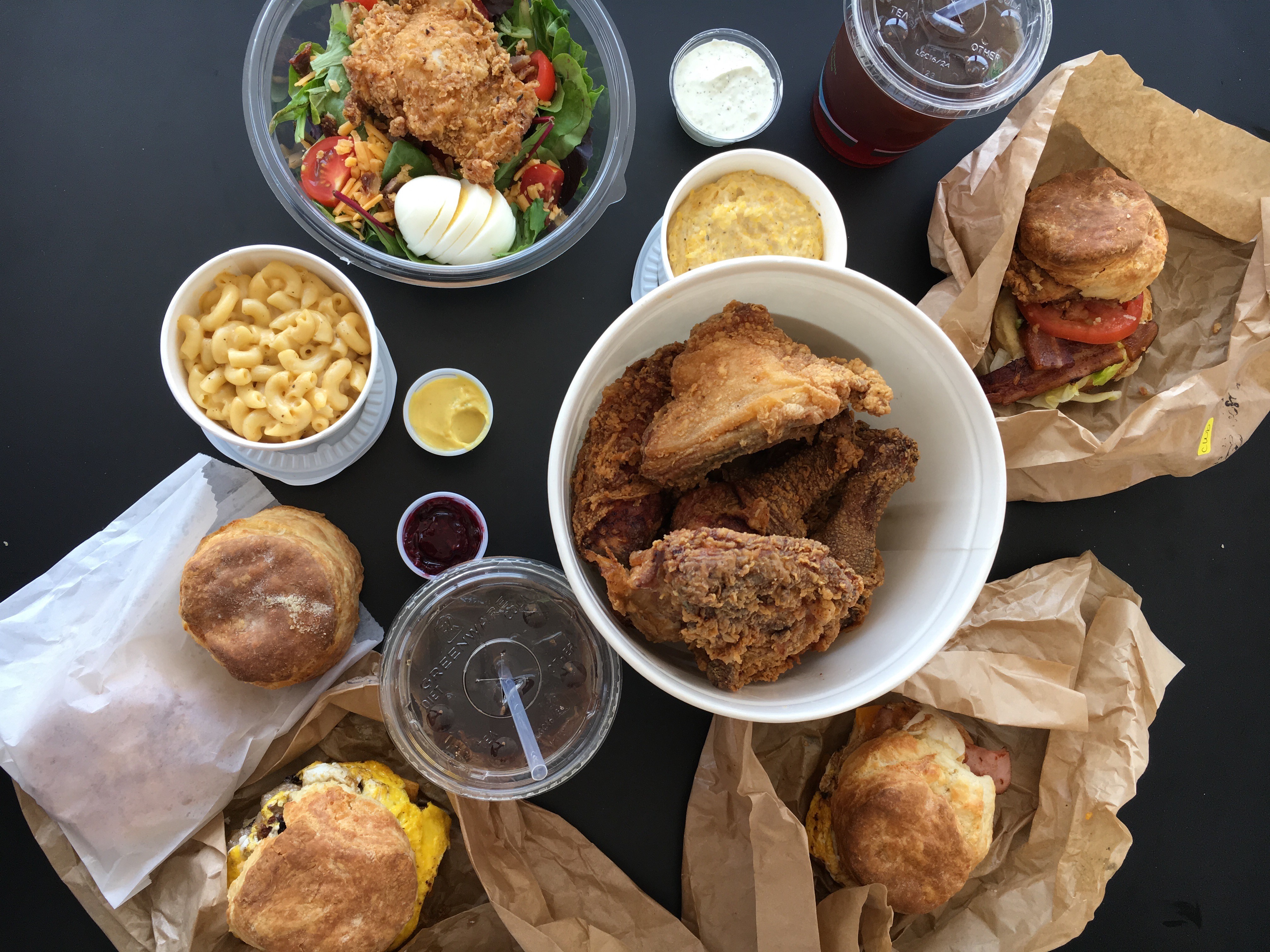

Abuelhiga is optimistic about the product’s potential to reshape the frozen bakery aisle. The scones are now set to hit shelves this summer for a suggested retail price of $4.99 to $5.99 per 4-count package, and Ms. Like many other up-and-coming food companies, Mason Dixie intended to debut the new product in March at Expo West in Anaheim, Calif., and roll it out across the country this spring, but that plan was upended by the coronavirus (COVID-19) outbreak. To produce the new line, Mason Dixie didn’t have to invest in any new equipment because the scones have the same base dough as the company’s biscuits and sweet rolls. “We made sure that cooking is one step - from freezer to oven - just like the biscuits.”Ĭonvenience isn’t only for consumers, though. “We wanted to provide the allure of having items bake-at-home ready without the prep or the threat of getting a day-old, stale or slacked out pastry from a café display case,” Ms. To give consumers a coffeehouse pastry without the hassle of having to leave their home, Mason Dixie kept prep time for the product to a minimum.

“We don’t use gums, stabilizers or even ‘natural’ flavorings, because we believe the ingredients themselves should do the talking,” Ms. Maintaining a clean label was also important for the brand. Overall, there were about 10 varieties people consistently requested, and the bakery selected the top four - blueberry, cranberry orange, chocolate chip and coffee cake - to bring to market.

The company surveyed its customers via email and asked them to rank their favorite flavors to determine which would be included in the line. While developing the scones, Mason Dixie prioritized taste and convenience. “If people are willing to buy the products in a restaurant setting, they are ready for commercialization,” Ms. Abuelhiga in 2014 that also serves as a testing ground for new products. While Mason Dixie Foods sells frozen baked foods in supermarkets across the United States, it was born from Mason Dixie Biscuit Co., a restaurant started by Ms.


 0 kommentar(er)
0 kommentar(er)
